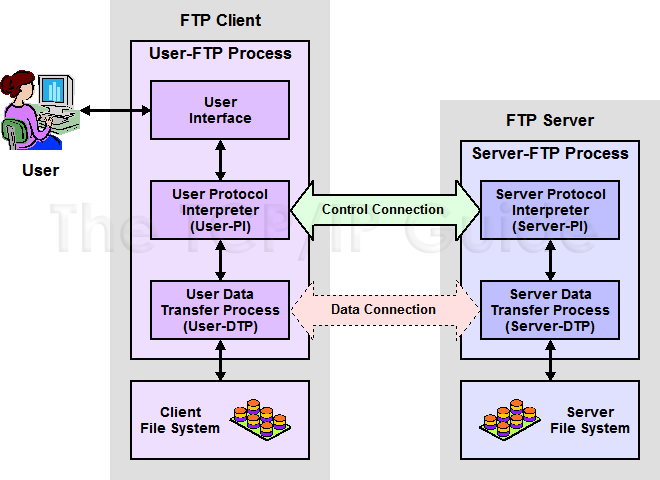 |
|
Please Whitelist This Site?
I know everyone hates ads. But please understand that I am providing premium content for free that takes hundreds of hours of time to research and write. I don't want to go to a pay-only model like some sites, but when more and more people block ads, I end up working for free. And I have a family to support, just like you. :)
If you like The TCP/IP Guide, please consider the download version. It's priced very economically and you can read all of it in a convenient format without ads.
If you want to use this site for free, I'd be grateful if you could add the site to the whitelist for Adblock. To do so, just open the Adblock menu and select "Disable on tcpipguide.com". Or go to the Tools menu and select "Adblock Plus Preferences...". Then click "Add Filter..." at the bottom, and add this string: "@@||tcpipguide.com^$document". Then just click OK.
Thanks for your understanding!
Sincerely, Charles Kozierok
Author and Publisher, The TCP/IP Guide
|
|
|

Custom Search
|
|
FTP Operational Model, Protocol Components and Key Terminology
(Page 2 of 4)
FTP Process Components and Terminology
Since the control and data functions are communicated using distinct channels, the FTP model divides the software on each device into two logical protocol components that are responsible for each channel. The protocol interpreter (PI) is a piece of software that is charged with managing the control connection, issuing and receiving commands and replies. The data transfer process (DTP) is responsible for actually sending and receiving data between the client and server. In addition to these two elements, the user FTP process includes a third component, a user interface, that interacts with the human FTP user; it is not present on the server side.
Thus, there are two server process components and three client (user) process components in FTP. These components are referred to in the FTP model by specific names, which are used in the standard to describe the detailed operation of the protocol. I plan to do the same in this section, so I will now describe more fully the components in each device of this model, which are illustrated in Figure 288.
|
|
| |||||||||||||||||||
Home - Table Of Contents - Contact Us
The TCP/IP Guide (http://www.TCPIPGuide.com)
Version 3.0 - Version Date: September 20, 2005
© Copyright 2001-2005 Charles M. Kozierok. All Rights Reserved.
Not responsible for any loss resulting from the use of this site.







